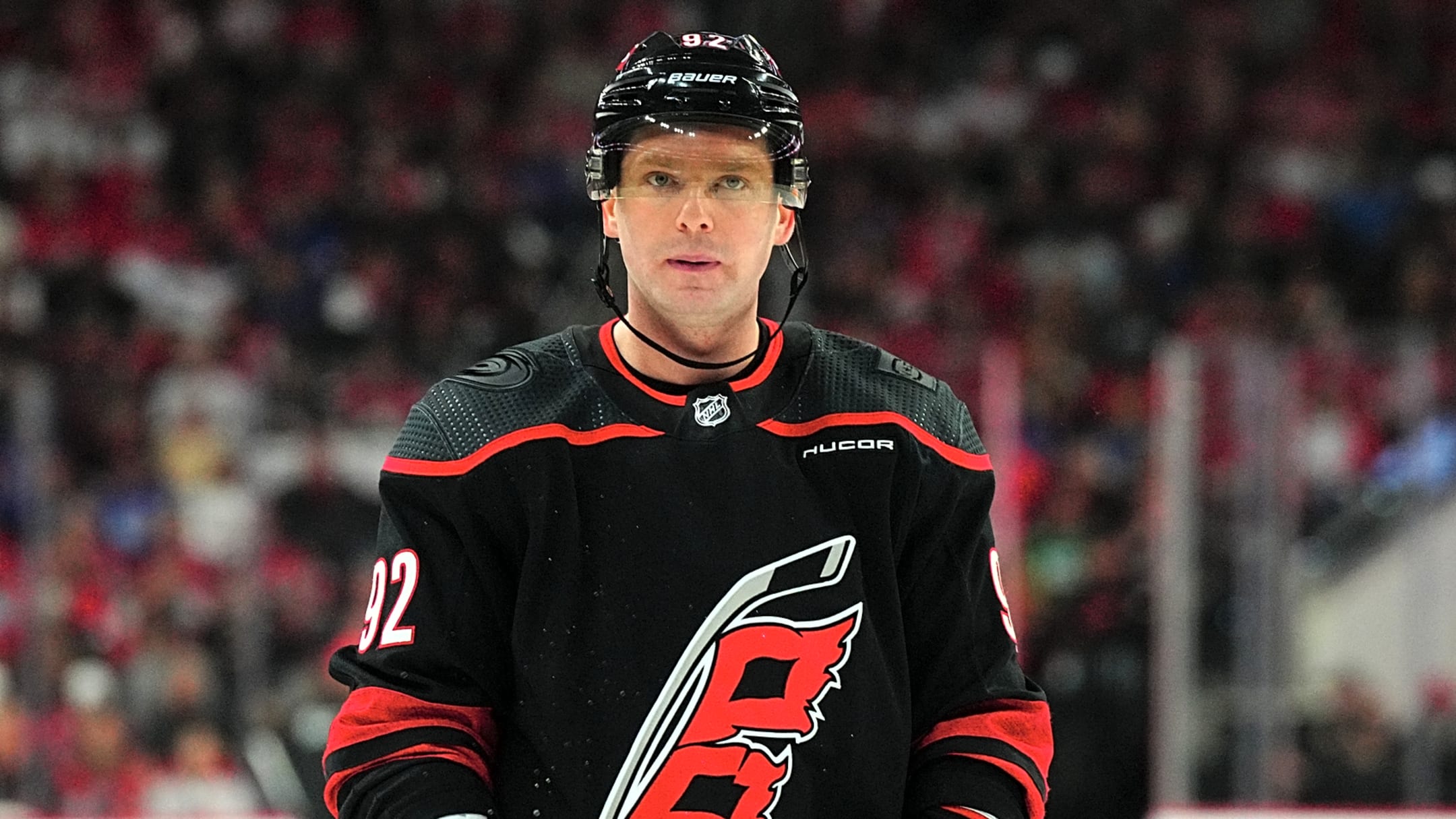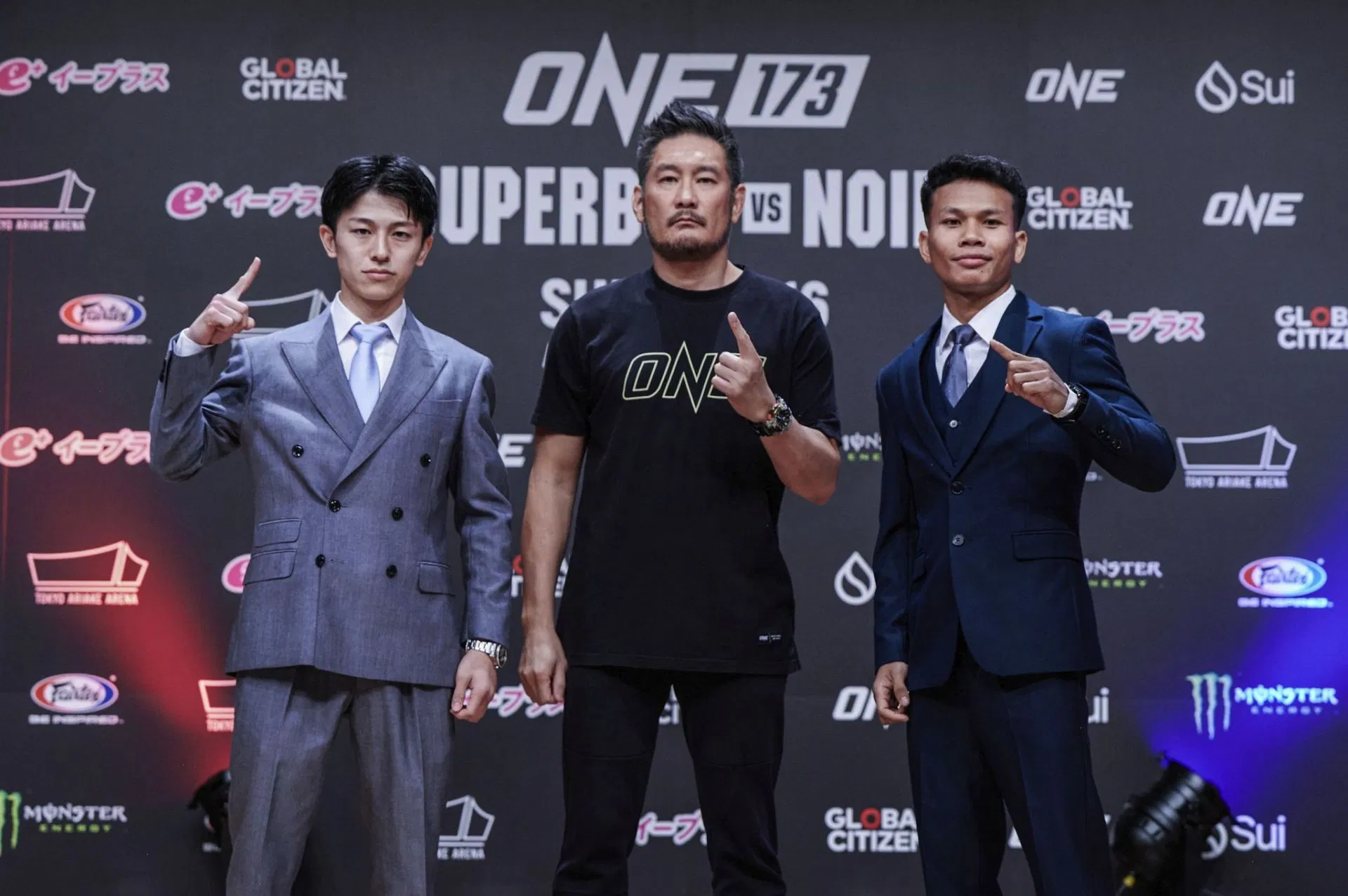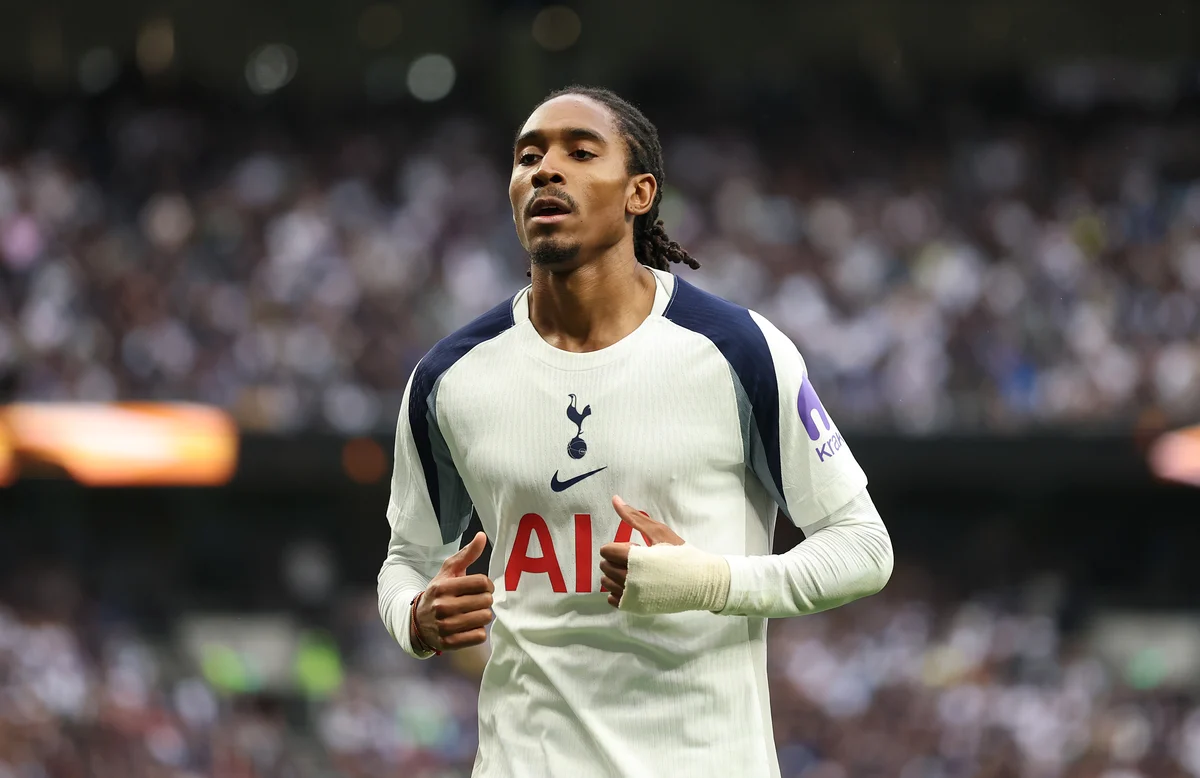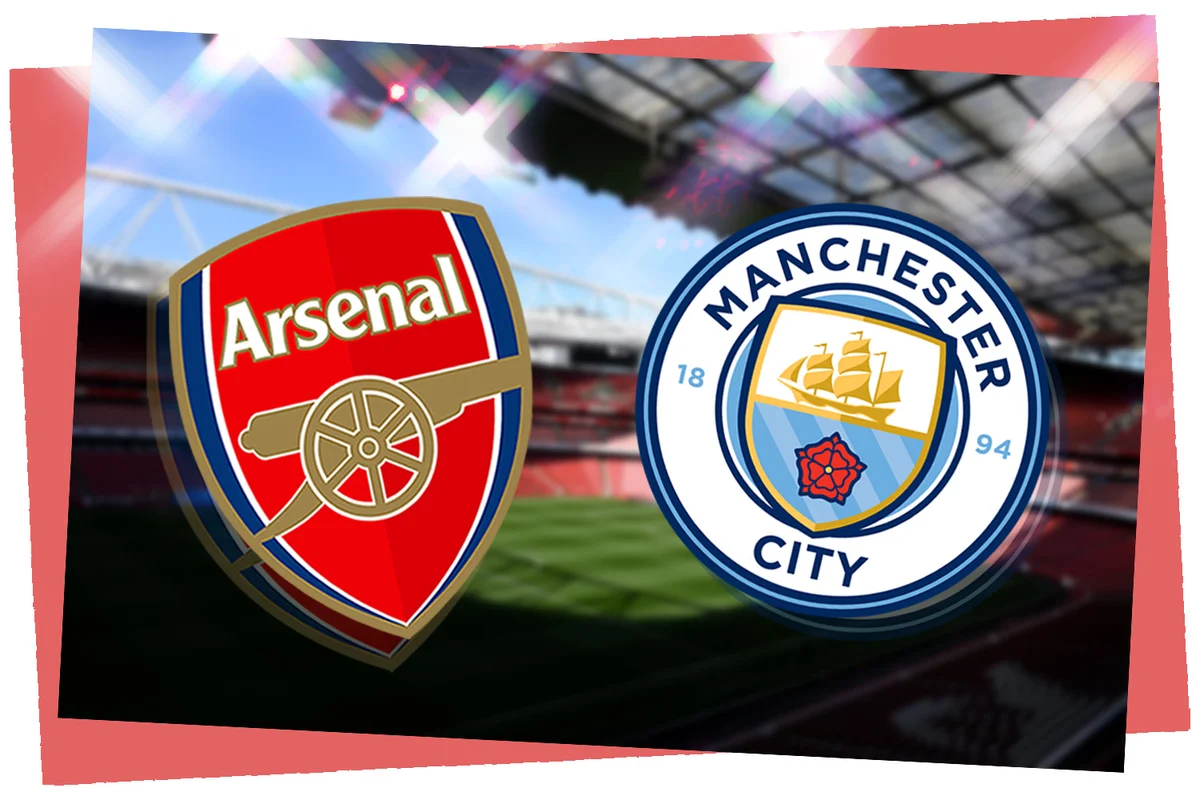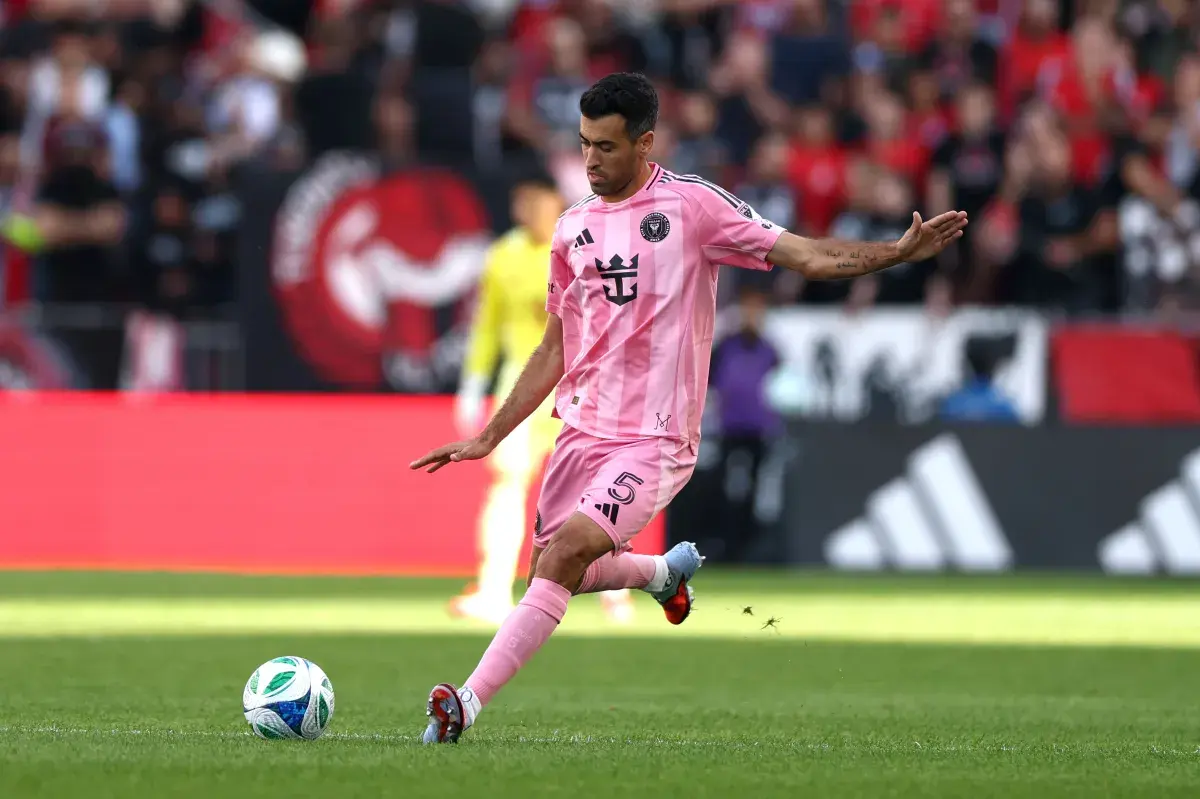
Editor’s note: This is a preview of Sports Daily, Newsweek’s newsletter where sports lead Joe Kozlowski highlights what you might have missed from the wide world of sports.
Click here to get Sports Daily sent straight to your inbox every morning.
Whether it’s fair or not, offensive players usually make the headlines and captivate fans. That reality makes it almost fitting that Sergio Busquets, a living legend in his own right who just announced his plans to retire at the end of the current campaign, got second billing when the traveling circus that is Lionel Messi’s Inter Miami rolled into Toronto on Saturday afternoon.
And, to further that point, Busquets’ name needs some explanation. While “Messi” speaks for, his longtime running mate doesn’t stuff the stat sheet. In the pregame stat packet, the Argentine’s numbers are so large, they affect the formatting. Busquets, on the other hand, has zero goals and only two shots this season.
To be clear, Busquets’ biography boasts plenty of trophies—he’s won nine La Liga titles, three UEFA Champions League crowns, one European Championship and one World Cup—but game-to-game his largely contributions are more subtle.
The former Barcelona man isn’t fast, but he has a knack for being in the right place at the right time. He’s capable of the flashy pass, but his real art is playing the right pass, with the right weight at the right time.
Busquets also shaped how we view the player at the base of the midfield. These days, the top teams rarely want a pure destroyer; the number 6 has to provide defensive cover, but also make key passes, manipulate space and keep things moving like a metronome.
The famous line from former Spain manager Vincente Del Bosque said that if you watch the game, you won’t see Busquets. If you watch Busquets, though, you’ll see everything. So, I decided to do just that on a day when Messi’s presence was first, second and third thing on most spectators’ minds.
By my count, the midfielder had 29 touches in the first half and 24 in the second half before he was withdrawn in the 71st minute. (FotMob had him at 57 total touches, for the record.) He made one tackle, two clearances and two interceptions, and could have easily assisted a Messi goal on another night.
There were some imperfect moments, though. The former Barcelona man was never the quickest, and, at age 37, he can sometimes be bypassed a bit too easily in transition. But, at least on Saturday night, those moments didn’t hurt Miami.
Watching Busquets underscores why managers and tacticos talk about single and double pivots at the base of midfield. He’s a player on constant motion, but that doesn’t come in frenetic bursts. It’s almost passive, shaping the game with suggestion rather than force.
By my count, he didn’t enter the opposition’s penalty area outside of set-piece situations. He spent more time covering for left back Jordi Alba’s offensive excursions than attacking himself. But a metronome still ticks, even if you can barely hear it over the instruments.
When Inter Miami try to build from the back, the Spaniard will float around the defensive press. If he finds an open space, he’ll receive the pass and keep things moving; if you try and shadow his movements, though, there will be someone else available to receive the ball.
There’s an action and then a reaction, as if the gravity of his presence tilts the opposition’s structure in his direction.
“At his age, his quality is still intact. It’s a pleasure to always have him there,” defender Maximiliano Falcon said in Spanish after the match. He also shared how a player like Busquets encourages the defense to play out from the back, and how the unit trusts him.
Trust and appreciation might not cause fans to line the sidewalks outside BMO Field hoping for a glimpse of the team bus and inspire chants more than 1,000 miles away from Miami. Those honors are reserved for Messi.
But those in the trenches know what the Spanish midfielder means.
“He was a player who changed the way of thinking of the central midfielder,” Miami manager Javier Mascherano, who also played with Busquets at Barcelona, said during his Friday media availability (h/t Goal.com). “There would be no [Manchester City and Spain midfielder] Rodri without Busi. That’s my opinion. And well, he has created a school.”
And, after the match, Falcon shared similar praise, calling Busquets a “silent leader,” a “great person,” and one of “the best five in history.”
If history is written by the winners, then sports lore is generally written by the goal-scorers. The ball hitting the back of the net is what fills out highlight packages and gets us out of our seats. It’s visually compelling and, as the cliche says, goals change games.
The things Busquets does largely don’t fit that mold. But they still help win trophies, support teammates and affect the way much of the world views an on-field position.
And while everyone has their own preferred ways of watching a game, ignoring the little things is an easy way to miss greatness.
